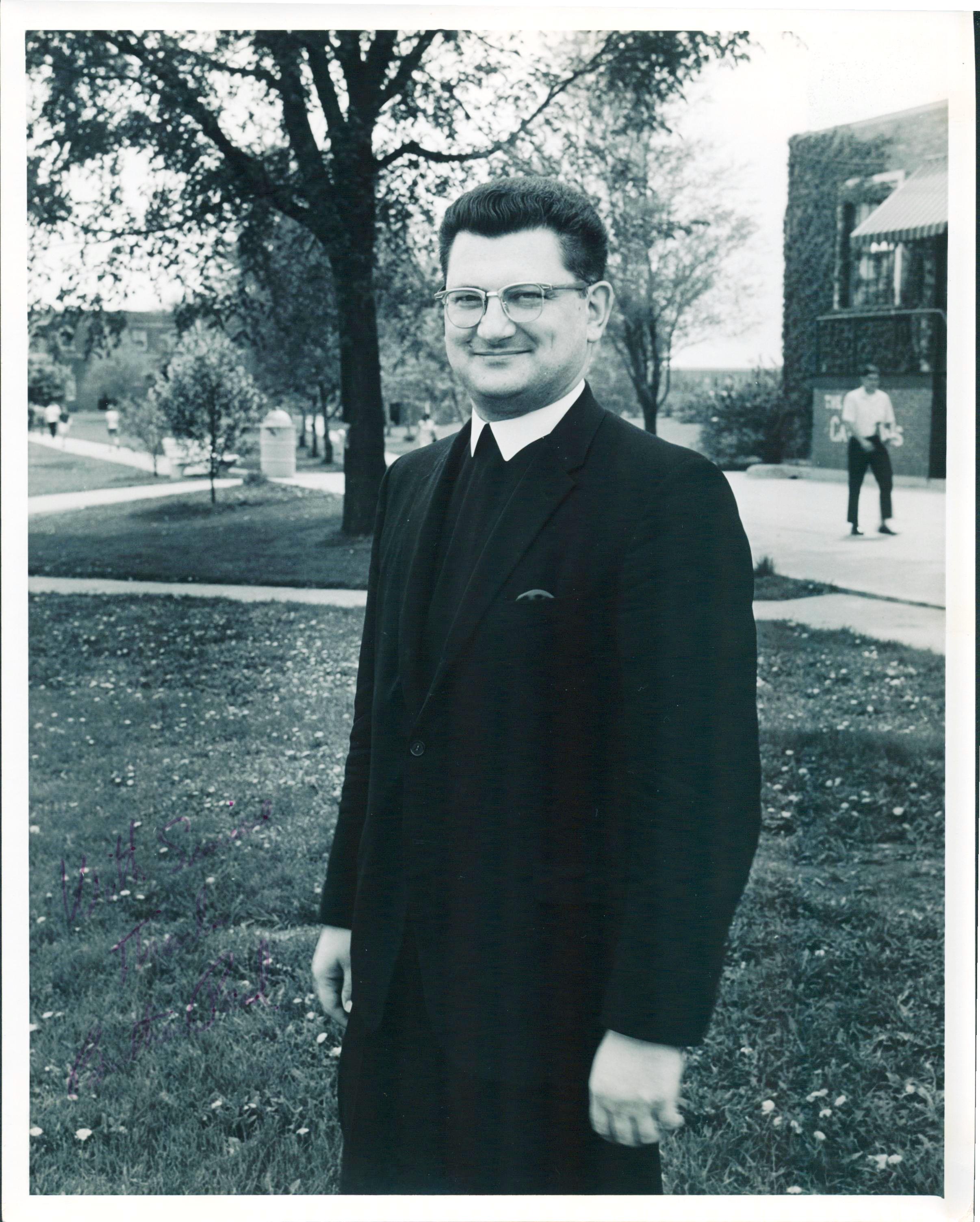Are you hiring for character, coachability?

Hiring people for your organization is critical for success. I thought I would share some thoughts for leaders to consider when hiring.
 At a recent presentation I gave, a business leader told me in his business he looked to “hire character then teach skills.” I never heard it said that way before but when I heard it, it really resonated. This was exactly what we tried to do in our recruiting of collegiate basketball players. We wanted to know everything we could about their character before we offered scholarship money. Through the 44 years I coached, I found that most seasons had rough spots where you experienced consecutive losses and this was precisely the time when character came into play. Athletes with character stayed the course; athletes with poor character went south.
At a recent presentation I gave, a business leader told me in his business he looked to “hire character then teach skills.” I never heard it said that way before but when I heard it, it really resonated. This was exactly what we tried to do in our recruiting of collegiate basketball players. We wanted to know everything we could about their character before we offered scholarship money. Through the 44 years I coached, I found that most seasons had rough spots where you experienced consecutive losses and this was precisely the time when character came into play. Athletes with character stayed the course; athletes with poor character went south.
When Hubie Brown was coaching the NBA Atlanta Hawks, he would address character in this way. At the first practice of the year he would ask his players this question, “Are you teachable?” He followed that up with this statement, “If you’re not, why am I here?” A Chicago area coach and I used to fly to Atlanta to watch Hubie teach in pre-season practices. A two-time NBA Coach-of-the-Year, he was a superb teacher. In fact, at one practice one of his new players, who had played on numerous NBA teams, told us he never experienced teaching like Hubie’s in his career. However, it made no difference how well he taught if the players were of poor character, poor listeners, or behaved in ways that were detrimental to the team.
In athletics, business, or any organization people of character make all the difference in the world.
A survey of Fortune 500 companies asked what they looked for in hiring. The results gave thirteen criteria they looked for in order of importance. Things like critical thinking, problem solving, and presenting were cited among the thirteen, but the number one thing they looked for was teamwork. That surprised me until I gave it some thought. My children began their careers at IBM, Arthur Anderson, the Sidley Law Firm, Deloitte and Touche, and as a professor at a university. Every one of them worked with a team. They were going to be positive, cooperative team members or non-productive, destructive team members. Their dad was glad they did the former!
Bill Russell, the great Boston Celtics player, put it this way. He said the Celtic players, who won eleven NBA championships in thirteen years, left their egos at the door when they entered the building for practices and games. But what they did have was Team Ego. They knew if you were to beat them you had to bring your best game because they were going to do just that in every game.
Would it not be great if organizations could develop Team Ego?
A third thought was brought up when I worked at Providence High School. Faculty criticized our principal for hiring too many Providence graduates – too much inbreeding they said. I listened to this criticism, then told them why I disagreed. I found that there were a lot of people out there who could really interview well, but when hired they were poor workers. They had interviewing down pat but not work ethic. Whereas, when we hired someone we knew, we knew what we were getting. We knew their work ethic. We also knew we were a very good school, so hiring people who knew our pursuit of excellence immediately fit into our culture
The final point is referrals. I always thought that they were worthwhile when we knew the person referring them well. We knew we could trust their judgment on character, team play, and work ethic.
I hope leaders find some merit in these thoughts on hiring.


